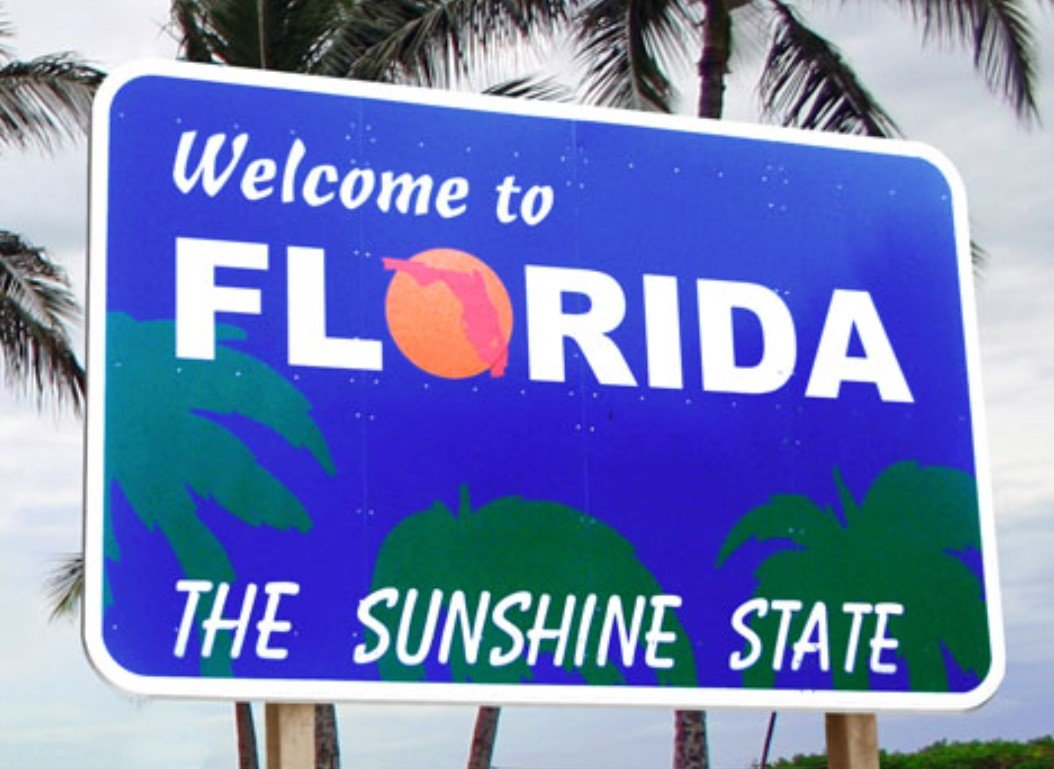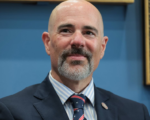As the 2024 election season intensifies, Florida finds itself at the crossroads of political priorities. Cannabis legalization has surged to the forefront, eclipsing the traditional battleground between presidential candidates Kamala Harris and Donald Trump. This shift is not only reshaping campaign strategies but also redirecting millions in ad spending towards social issues rather than the presidential race.
Cannabis Legalization Takes the Lead
In an unprecedented move, cannabis legalization has become the dominant issue in Florida’s electoral landscape. According to AdImpact, a media tracking firm, the state has witnessed a dramatic decline in presidential ad spending, with only $1.4 million allocated to TV ads for the Harris-Trump race. This is a stark contrast to previous election cycles where presidential campaigns heavily invested in advertising to sway voters.
- 2016 Election: $55 million spent on TV ads
- 2020 Election: $177 million spent on TV ads
- 2024 Election: Only $1.4 million spent on presidential TV ads
This significant drop highlights a fundamental shift in voter concerns, placing cannabis legalization at the center of political discourse and financial investment.

Massive Investment in Amendment 3
Amendment 3, which seeks to legalize cannabis, has captured the attention and wallets of Floridian voters. The amendment has attracted an astounding $68 million in ad spending, surpassing any other political cause on the Florida ballot. Trulieve Cannabis Corp., a leading player in the industry, has spearheaded this effort through its support of Smart & Safe Florida, pouring $55 million into the campaign.
Financial Breakdown:
| Campaign Component | Spending Amount |
|---|---|
| Proponents (Smart & Safe Florida) | $55 million |
| Opponents (Florida Republican Party and No on 3) | $11.7 million |
The opposition, primarily the Florida Republican Party and No on 3, has collectively spent $11.7 million to counter the amendment. Despite their efforts, the overwhelming financial advantage of the pro-cannabis side underscores the potent influence of cannabis advocates in Florida.
Decline in Presidential Campaign Efforts
Florida’s traditional status as a battleground state has waned, with both major parties reducing their presidential campaign budgets significantly. Kamala Harris has allocated only $539,000 to TV ads in the state, while Donald Trump and national Republicans have largely neglected it, confident in securing Florida’s 30 electoral votes without heavy financial backing.
This strategic withdrawal indicates a recognition that the real competition now lies in addressing key social issues like cannabis legalization and abortion rights, rather than the presidential contest.
Social Issues Dominate Ad Spending
Beyond cannabis, other social issues are also drawing substantial ad investments. Amendment 4, aimed at protecting abortion rights, has received $32.8 million in ad spending. Combined with the $68 million for Amendment 3, over $100 million has been funneled into these two amendments alone, clearly overshadowing the presidential race.
Ad Spending Comparison:
- Amendment 3 (Cannabis Legalization): $68 million
- Amendment 4 (Abortion Rights): $32.8 million
- Presidential Race (Harris vs. Trump): $1.4 million
This allocation of funds reflects a voter base increasingly focused on immediate social reforms rather than traditional political rivalries.
Implications for Future Elections
The shift in ad spending priorities suggests a broader trend that could influence future elections in Florida and beyond. As cannabis and other social issues gain prominence, political campaigns may need to adapt by addressing these concerns more directly to engage with voters effectively.
Moreover, the substantial financial commitment to Amendment 3 indicates that cannabis legalization is not just a fringe issue but a mainstream priority for a significant portion of the electorate. This could pave the way for similar movements in other states, potentially reshaping the national political landscape.
David Johnson is a respected writer known for his expertise in crafting compelling articles about cannabis. With a passion for exploring the intersection of cannabis, health, and wellness, he sheds light on the therapeutic properties and potential uses of this versatile plant. David’s in-depth analysis and thought-provoking commentary offer readers a deeper understanding of the evolving landscape of cannabis legislation, consumption methods, and industry trends.








